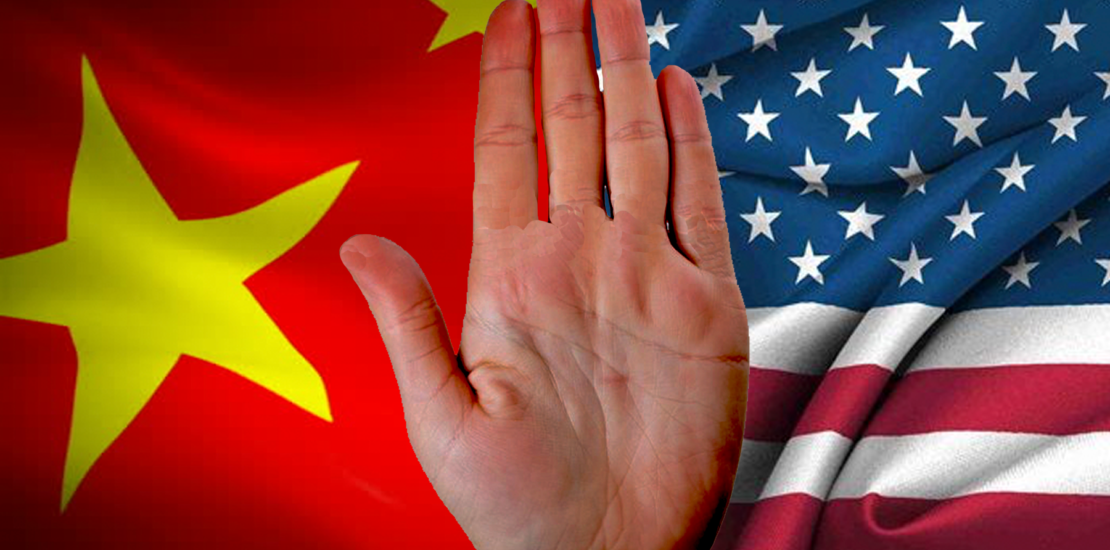- 11 mayo, 2020
- Posted by: Armando Nuricumbo
- Categoría: China, Estados Unidos, Global

“Study the past if you want to predict the future.”
Confucius
The current coronavirus crisis is increasing geopolitical friction between the two most dominant competitors of the 21st century: China and the United States. The bilateral relationship between the two countries is the most complex in the world, and the coronavirus crisis is only adding additional tension. There are those who think that a military conflict between both nations is inevitable, as a historic and mandatory meeting point between the declining powers and the rising powers.
It is easy to be concerned about the loss of power and influence of the West, while China and other Asian countries continue to gain ground in multiple areas. The reality is that, if we analyze the history of the last three thousand years, we will see that the political and economic power of the world was concentrated in Asia for a long time. The transfer of power to the West occurred mainly due to two very important historical developments, Mercantilism and the Industrial Revolution, and the great defeat of China was consolidated in the Opium Wars in the mid-19th century. From that point, the true global rise of the West began, under the leadership of England and the United States, but this is a relatively recent event. China has waited patiently for two hundred years to regain its historic place and will not welcome anything that stands in the way.
The United States will require a great deal of wisdom to adapt to a different, perhaps less powerful, role in the 21st century. The pandemic is very likely to increase his nationalist and isolationist sentiments in the short term, at the same time that Trump will try to exploit the China issue in the search for his reelection. The pandemic could end up further weakening the Western economic system, highly based on public and private debt. A major risk is that both China and the United States see the coronavirus crisis as an opportunity to weaken their adversary, whether from a reputational, political, economic, or even military point of view. We watch with concern as the Trump administration increasingly talks about China’s flaws in containing the crisis, hiding data, and even toying with the version that the virus could have been created in a military laboratory in Wuhan. The truth about the virus will eventually come to light, but all parties must handle themselves with great responsibility to avoid escalating tensions. Almost twenty years ago, we witnessed how the truth could be manipulated to justify a war in Iraq. Today we run the risk that certain players within the United States would want to do the same with China. A military conflict between the two powers would be catastrophic. China spends approximately 1.9% of its GDP on a military budget, while the United States spends 3.2%. However, if that expenditure is measured based on the purchasing power of each country, the difference is much smaller. Within China there are also hawks who predict that a military confrontation with the United States is inescapable. We must not let that vision prosper.
We live in a historical moment in which it seems that the pendulum of prosperity and economic growth moves inexorably to the East. Much of the peace of the coming years will depend on how Chinese and American leaders come to an understanding to adapt to new realities. A hundred years ago, the pandemic came at the end of the bloodiest war of all time. Let us not allow the pandemic to be the beginning of the conflict a hundred years later.
